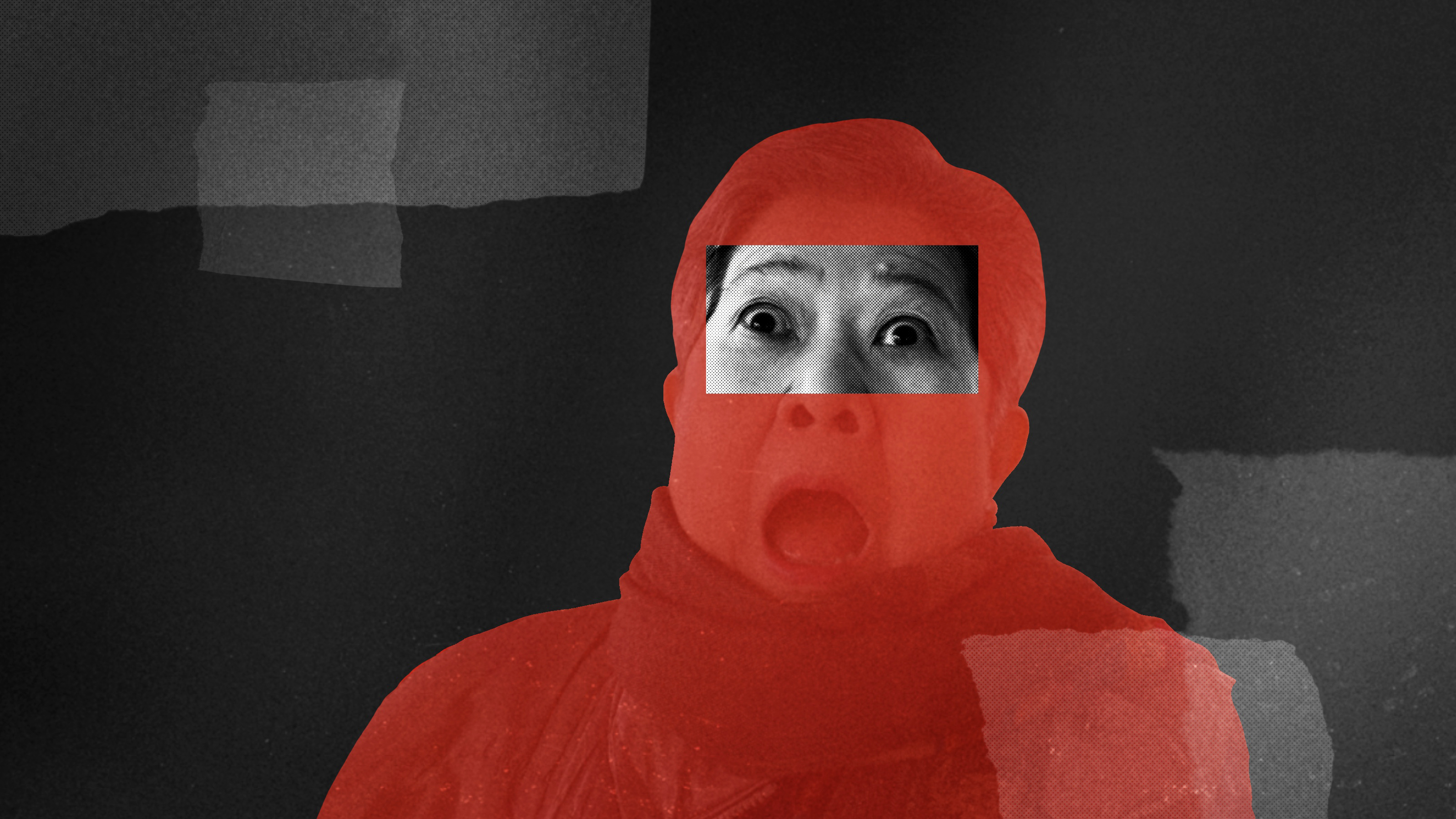How apocalyptic cults use psychological tricks to brainwash their followers

- Doomsday cults use isolation, love bombing, and fear to control their members.
- They cut off members from the outside world and even from each other, creating a dependency relationship while using physical violence and emotional abuse to keep people in line.
- These techniques can be used by anyone to manipulate others, not just in cults but also in toxic relationships.
Roch Thériault was an intelligent and charismatic religious extremist who, in the 1970s, founded a commune known as the Ant Hill Kids in the woods around Quebec. Thériault had persuaded a dozen or so followers to live with him “free of sin.” Thériault told them to wait in the commune and obey his every command to survive the “end times,” which he claimed would occur on February 17, 1978.
When that date came and went, Thériault doubled down. The problem was that the commune was not free enough from sin. Thériault became increasingly violent, abusive, and unhinged. He would make people eat dead mice and feces. He punished people by breaking their legs or cutting off their toes. He tortured and murdered children.
The strange thing about the Ant Hill Kids is that few ever wanted, let alone dared, to leave the cult. Gabrielle Lavallée fled once after being tortured, only to return because she couldn’t cope with life outside the cult. As a punishment, Thériault pinned Lavallée’s hand to a table with a hunting knife and used a cleaver to forcibly amputate her arm. Lavallée fled again and reported Thériault to the police. He was finally arrested and imprisoned in 1989, ten years after he began his horrific doomsday cult.
Why do these doomsday cults attract such unwavering loyalty among their followers? How is it that a person can persuade people to do terrible things — to themselves and to others — in the name of some bizarre prophesy? Here we look at three common techniques these cults use.
Isolation
Doomsday groups often will cut off members of the cult, both from the outside world and even from each other. When you surround yourself every moment and every day with the same message and like-minded fanatical individuals, there is little room for doubt or introspection.
We often hear about how dangerous the “echo chamber” of the online world is. Our fears, biases, and paranoias are reinforced and given fuel by the constant reinforcement of others. Now, multiply and amplify that effect, and you can imagine a cult. In normal, everyday interactions, you run up against competing ideas. Your friend might ask, “Are you sure about that?” In a cult, there is no dissent and no checks on the fanatical dogma you are given.
When Thériault first started his Quebec cult, he demanded all his followers cut off ties with their families. As the years went on, the Ant Hill Kids were forbidden from talking to each other unless Thériault was there as well. There were no opportunities to question. Other cults, like Heaven’s Gate and the Branch Davidians, would live in gated communities where access to the outside world was filtered through their leaders.
Love bombs
The reason that people often join doomsday cults in the first place is due to a manipulative trick known as a “love bomb.” This is when a cult — from the leaders down to the newest recruits — showers someone with affection, care, and support. Not only is this intended to make people feel welcome and “at home,” but it subtly and insidiously establishes a dependency relationship. Everything you need or want has to come through the cult. At first, this is generously given. After a while, it’s given with a few conditions attached. In the end, affection and love are given only to those who behave exactly as they are supposed to.
A notorious example of this was known as “flirty fishing,” a technique used by the apocalyptic cult “The Children of God” (or “The Family International”), in which members would deliberately enter sexual relationships with potential converts. This fishing was a deliberate nod to Matthew 4:19, where Jesus tells his disciples they will become “fishers of men.” It is thought that the cult’s women used flirty fishing with over 200,000 potential converts.
Fear
Between them, fear and love account for the vast majority of all human behavior. And, if you believe Machiavelli, fear is the stronger of the two. Almost all doomsday cults inspire a degree of fear. At the smallest level, this is the fear of being ostracized. As we have seen, cults take very deliberate care to make sure that their members believe that there is nowhere else they can live. People are dependent on and defined by their cult. Being cut off from that is a great source of fear.
More than that, though, is the very real physical abuse that doomsday cults use to keep people in check. Thériault would make his followers sit on lit stoves, or he would make them sit naked in the cold and whip them. Jim Jones would publicly beat members of his Peoples Temple cult and limit their food supply.
Of course, one of the defining characteristics of doomsday cults is the ever-present fear of death. Often, this is simply the reinforced idea that the world will end soon. For instance, Heaven’s Gate, led by Marshall Applewhite, isolated its members and used the fear of an imminent spaceship arrival to control their behavior. The Peoples Temple, though, did something all the more traumatic: They would hold “suicide drills.” Alan Warren, author of Doomsday Cults: The Devil’s Hostages, describes them like this:
“Jones had paper cups filled with wine passed out to them after telling them they were celebrating. After a few toasts and everyone had imbibed on their cup of wine, Jones told them they had just drunk poison, and within 30 minutes, they would all be dead. Some of the group panicked and started to cry, but most of them just sat in the venue, silent and contemplating their lives. After 45 minutes passed, Jones told them that this had only been a drill, and none of them were going to die. He just wanted to test their loyalties.”
Joining the cult
Using these techniques, doomsday cults break down your sense of self and any notion of true or false, right or wrong. They then fill these gaps with cult dependency and the offer of salvation. You’re broken; we can fix you. You have nowhere to go; we can offer you a home. No one wants you; we are your family.
In fact, most kinds of emotional manipulation rely on these techniques. If someone can make you feel insecure, incomplete, and inadequate, then they can present themselves as the solution. That happens not just in cults but also in abusive relationships.





